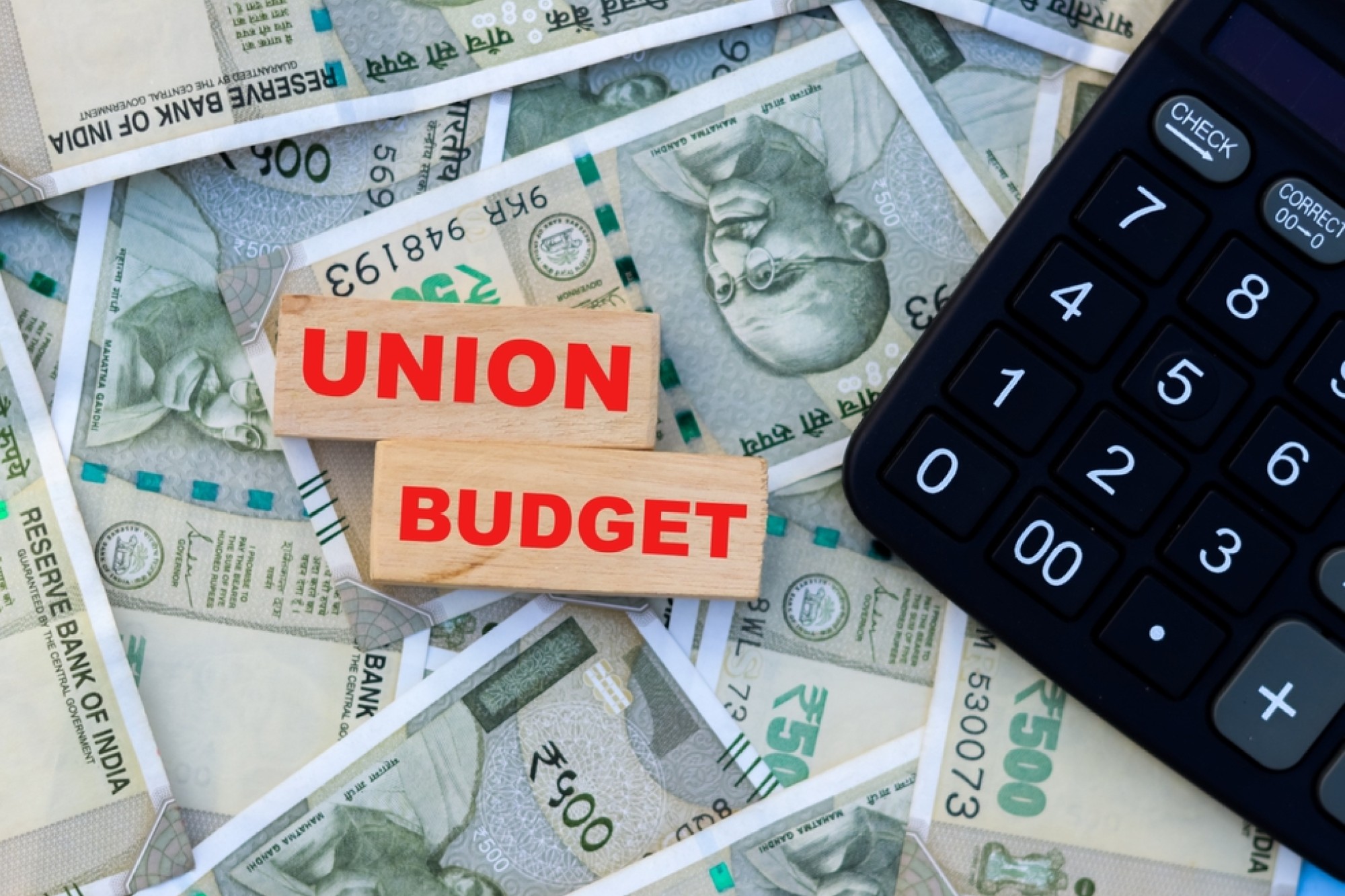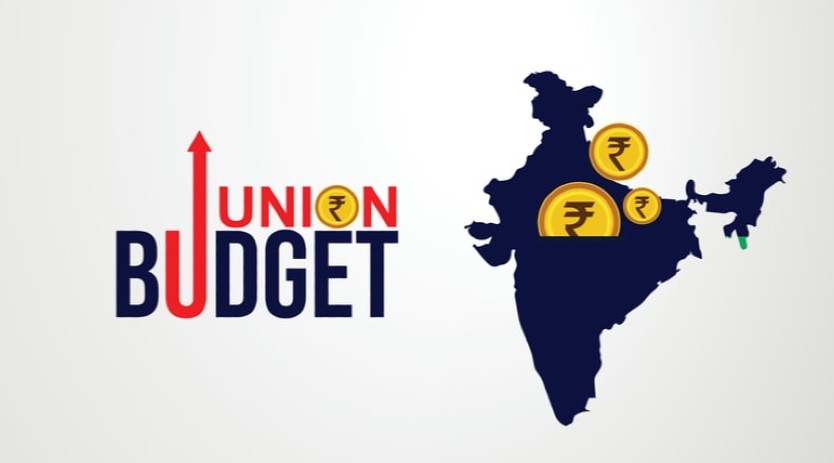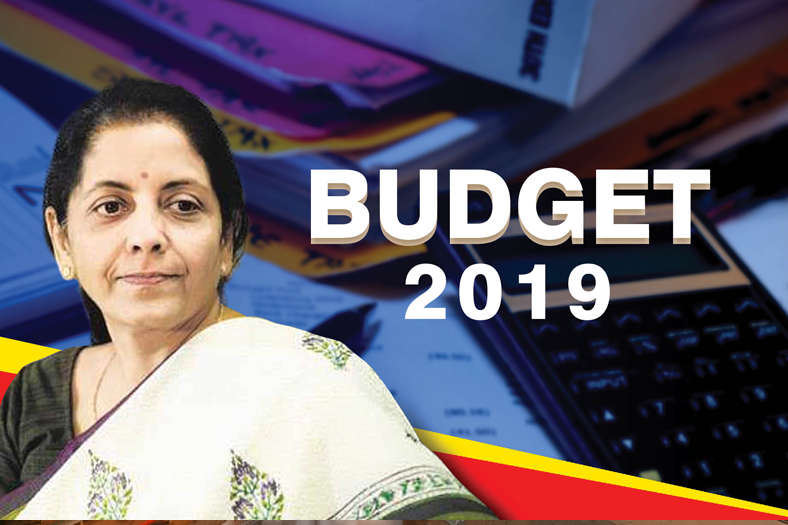Industry interacts positively, post growth oriented Union Budget 2022
By OEM Update Editorial February 3, 2022 1:54 pm IST
Budget seeks to lay foundation to reform economy for next 25 yrs, says Nirmala Sitharaman.
Finance Minister Nirmala Sitharaman made many major announcements. The union budget has something for every sector. The government is focused on citizen-centric reforms and Budget 2022 aims to reform the economy over the next 25 years. Sectors that stand to benefit are banking, infrastructure and manufacturing. PLI in 14 sectors will create 60 lakh new jobs and additional production of ₹30 lakh crore in next 5 years. It also includes, the digitalization of rupee and passports; launch of a gateway for the National Digital Health Ecosystem and many more. Experts from varied sectors expressed their opinions on the Union Budget 2022 few of them are mentioned herein.
Kenichi Ayukawa, President, SIAM expresses, “SIAM welcomes a growth-oriented budget focused on Building Long Term Strength using Investment as the growth lever while maintaining policy stability and inclusivity. The 35 percent increased Capex outlay, major infrastructure projects like 25,000 km road construction, 100 Cargo terminals, Project GatiShakti, 5G network, optic fibre cable laying and the recent PLI schemes are major positives. Leveraging Biomass and support to ethanol blending for both environment and economy gains could unlock the power of India’s rural economy. Steel price cooling off measures will help the entire manufacturing sector. Impetus to charging infrastructure and energy storage systems and government support in R&D for clean energy, green mobility and semiconductors will help the auto sector. We will work with the government for policy on green mobility, special mobility zones and battery swapping. We welcome the message on Ease of Doing Business and look forward to this being observed in spirit by all departments.”
Manish Chourasia, Managing Director, Tata Cleantech Capital Limited remarked, “The announcement of the Finance Minister to issue sovereign green bonds to mobilize resources required for green infrastructure will certainly help boost the financing of clean energy projects, thereby providing an impetus to the Indian energy sector. With Approved Module Manufacturer List becoming applicable from April 2022, the allocation of an additional ₹19,500 crore under PLI scheme for solar would help create much needed manufacturing ecosystem. The enhanced focus on electric mobility is showcasing the clear desire to mainstream this emerging industry. Overall, the budget is giving clear direction for India to meet its COP26 commitments by 2030.”Vimal Kejriwal, MD & CEO, KEC International Ltd. says, I welcome the forward-looking, capex-led Budget 2022, with a sharp 35 percent increase in outlay. A strong focus on improving the safety of Indian Railways, faster implementation of metro rail systems, infrastructure status for data centres, along with emphasis on PM GatiShakti with significant allocation towards Jal Jeevan Mission, Affordable Housing, BharatNet and building 100 Cargo Terminals for multimodal logistics facilities augur well for KEC International Ltd. and our well-diversified businesses.
Further, initiatives such as the use of Surety Bonds as a substitute for bank guarantee, a cap on Surcharge of AOPs/ consortiums at 15 percent as against 37 percent earlier and an end-to-end online e-Bill System to enhance transparency are steps in the right direction for EPC contractors such as KEC.
Yogesh Mudras, Managing Director, Informa Markets in India reacts stating, “This year, the Union Budget has been one of recovery and stabilization from the impact of COVID-19. The Budget has taken some initiatives for MSMEs and India Inc for start-ups. The extension of ECLGS scheme is a welcome move for MSMEs. The tax concession period has been extended by one more year, which in my opinion is a very positive move. A tax rate of 15 percent has been decided for the newly incorporated manufacturing unit which will further boost manufacturing activities. Healthcare and infrastructure were the main highlights of Budget 2022 and immense investment has been allocated for the expansion of roadways and logistics networks. Introduction of ‘Digital Rupee’ using blockchain technology sends a strong message that India is at the forefront of technology implementation. A digital currency issuance by the RBI will result in a structured approach with controlled regulation and bring in transparency to transactions enabling accounting of all money. The push on digitization will make way for more inclusion in the ecosystem. The focus on ‘Ease of doing business’ is a great step, as it will further promote entrepreneurship in the economy. India is to grow at 9.27 percent, the highest among all large economies. With a focus on contributing to the environment, chemical-free natural farming focusing on soil, biodiversity and human well-being is a welcome move. The budget is growth-oriented with an impetus on capital expenditure to fuel economic growth and employment generation. SEZ Act to be replaced with the new legislation is a much-needed announcement. Introduction of the battery swapping policy and recognizing battery and energy as a service will help to develop charging infrastructure and increase the use of EVs in public transportation. This would motivate businesses to incorporate EVs into their fleet and create new avenues for companies to venture into the business of battery swapping. The formation of a strong charging infrastructure alongside the highways across the country would promote the use of EVs for interstate travel. An additional allocation of ₹19,500 crore to boost manufacturing of solar modules under the government’s flagship PLI scheme has the potential to create 60 lakh new jobs, while producing 30 lakh crore jobs during next five years. International travel has been severely impacted during the pandemic. We are pleased with the introduction of e-passports as it will provide a boost to the travel industry and add convenience. Extension of ECLGS scheme with an additional allocation for the hospitality sector is a positive move as it would help small and mid-size hotels overcome liquidity issues and pave way for growth.”
Cookie Consent
We use cookies to personalize your experience. By continuing to visit this website you agree to our Terms & Conditions, Privacy Policy and Cookie Policy.


















